Discover the 10 best vegan and vegetarian protein sources that support weight loss and muscle health. Learn how to include these high-protein, plant-based foods in your diet with practical tips, tables, and key takeaways for a healthier lifestyle. 10 Best Vegan & Vegetarian Protein Sources for Weight Loss and Muscle Health.
When I first switched to a plant-based lifestyle, one of my biggest questions was how to get enough protein for weight loss and muscle health. Like many people, I thought protein only came from meat, but I quickly learned that there are countless vegan and vegetarian protein sources. These foods are not only rich in protein but also packed with vitamins, minerals, and fiber. In this guide, I’ll share the top ten plant-based proteins I use every day.
Why Protein Matters for Weight Loss and Muscle Health
Protein is essential for maintaining lean muscle mass, boosting metabolism, and supporting recovery after workouts. When I started increasing my protein intake, I noticed a difference in how full I felt after meals. Choosing the right vegan and vegetarian protein sources can help you burn fat, build strength, and avoid unhealthy snacking. Plus, plant-based protein foods are easier on digestion and often lower in calories compared to animal-based options.
H2: Top 10 Vegan & Vegetarian Protein Sources
Here’s my list of the most effective plant-based proteins that keep me energized and strong.
H3: 1. Lentils
Lentils are one of my go-to protein sources because they are versatile, affordable, and nutrient-dense. A single cup of cooked lentils provides around 18 grams of protein, making them ideal for soups, salads, or curries. They also contain fiber that supports digestion and keeps me full longer. Including lentils in my diet helped me stay on track with weight loss goals while still getting the protein I needed for muscle health.
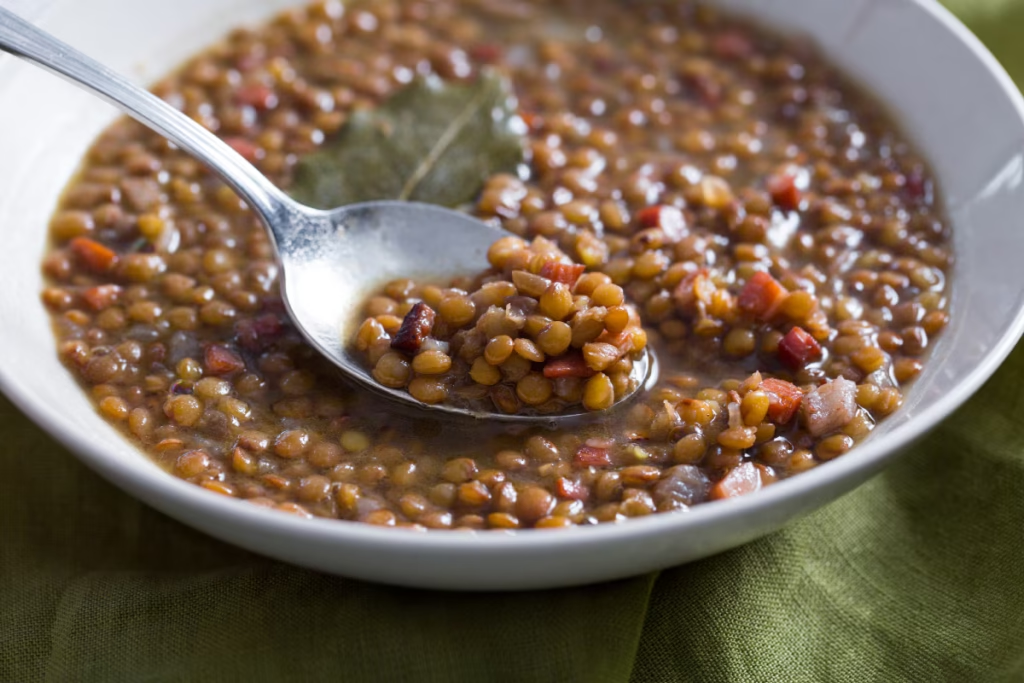
H3: 2. Chickpeas
Chickpeas are another staple in my diet because they are delicious and versatile. Whether I make hummus, roasted chickpeas, or a hearty stew, I can count on them to deliver about 15 grams of protein per cup. Chickpeas also provide complex carbs for lasting energy, making them perfect for pre- or post-workout meals. I found that chickpeas helped me stay satisfied without overeating, which was a game-changer for weight loss.
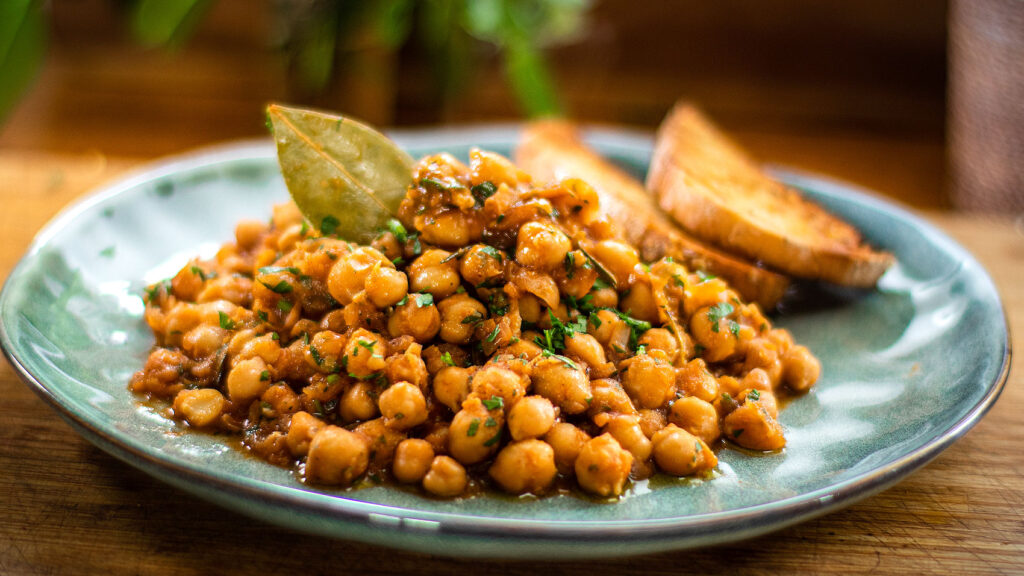
H3: 3. Quinoa
Unlike most grains, quinoa is a complete protein, meaning it contains all nine essential amino acids. One cup offers about 8 grams of protein and a healthy dose of magnesium, iron, and fiber. When I first discovered quinoa, I started replacing rice and pasta with it, and it made a huge difference in my energy levels. This vegetarian protein source is great for both muscle health and weight management.
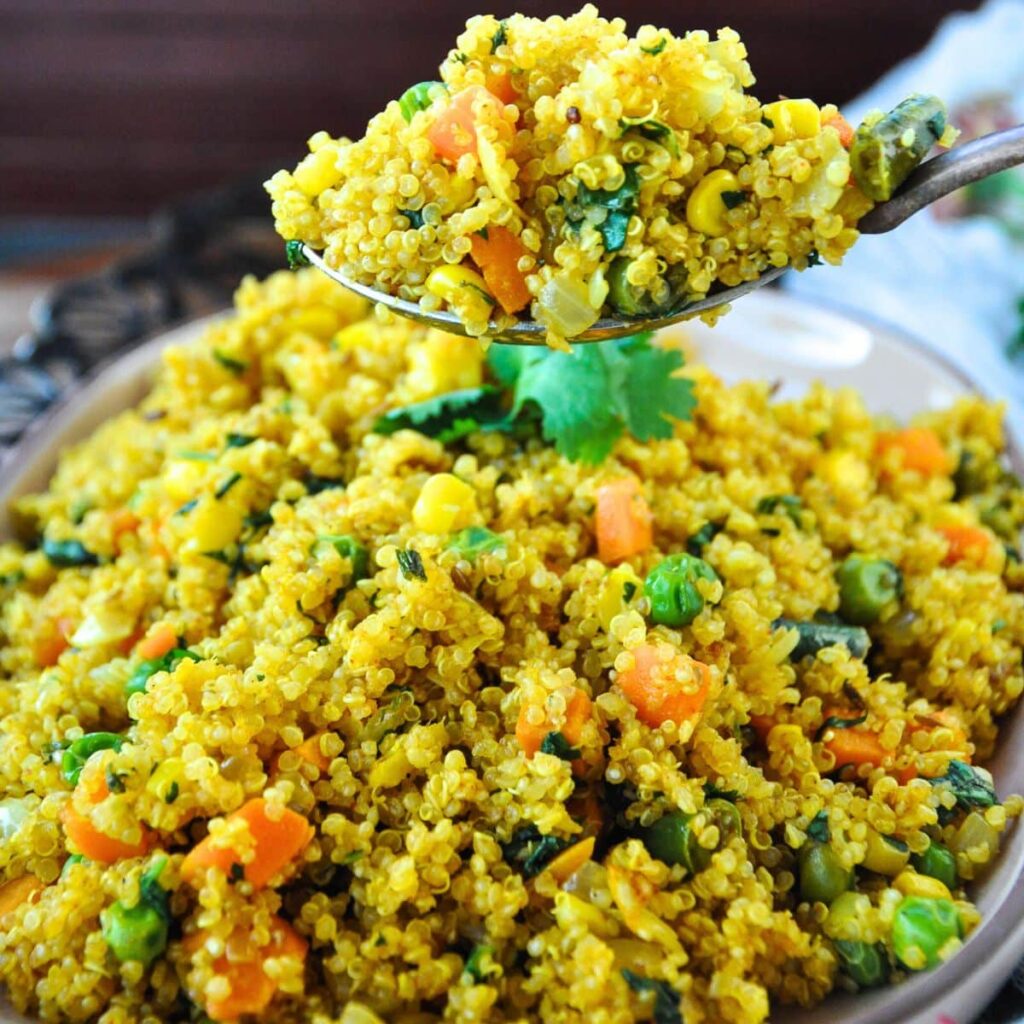
H3: 4. Tofu
Tofu is a classic vegan protein source that fits perfectly into many dishes. With around 10 grams of protein per half cup, it’s excellent for stir-fries, salads, or even grilled as a main dish. I love that tofu soaks up flavors from spices and marinades, making it both tasty and satisfying. Adding tofu to my meals has supported my muscle growth and helped me feel strong during workouts.
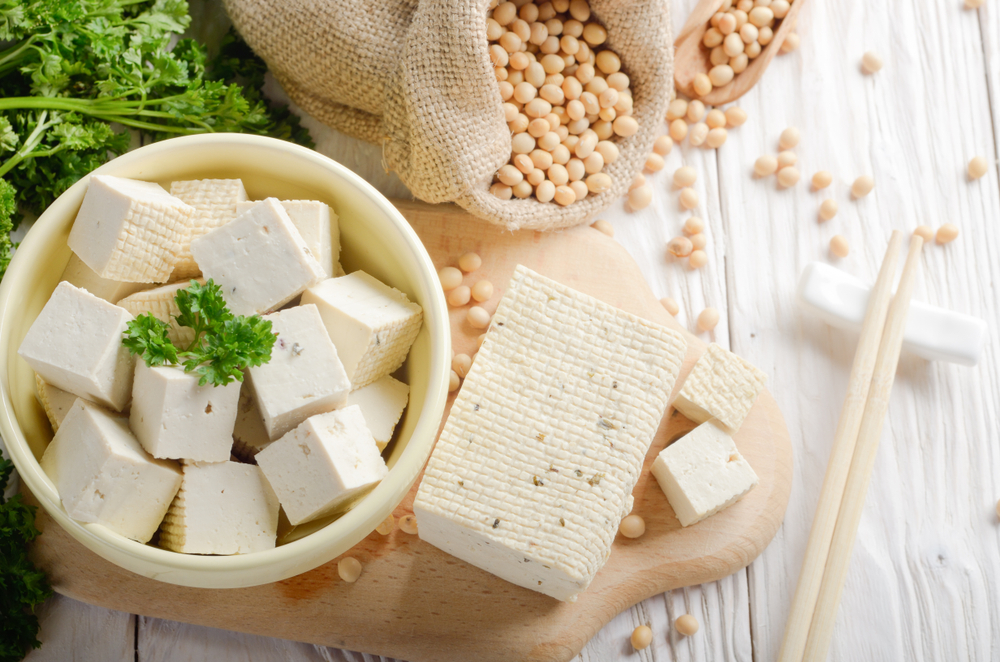
H3: 5. Tempeh
Tempeh is another soy-based protein that is higher in protein and fiber than tofu. It contains about 16 grams of protein per 3 ounces, and it has a firm, nutty flavor. I often slice it into sandwiches or cook it with vegetables. Since tempeh is fermented, it also supports gut health, which I found useful when improving digestion. It’s one of my top choices for muscle recovery after workouts.
H3: 6. Edamame
Edamame are young soybeans that pack 17 grams of protein per cup. I love snacking on steamed edamame with a sprinkle of sea salt because it’s both filling and healthy. They are rich in antioxidants and contain essential amino acids, making them excellent for muscle repair. When I started replacing chips with edamame, I noticed better appetite control, which supported my weight loss journey in a big way.
H3: 7. Greek Yogurt (Vegetarian Option)
For those who include dairy, Greek yogurt is a powerhouse with about 20 grams of protein per cup. I often mix it with fruit and nuts for a balanced snack. It’s creamy, satisfying, and perfect for recovery meals after strength training. Choosing low-fat Greek yogurt helped me maintain my muscle health while cutting down calories, making it an excellent vegetarian protein source for weight-conscious people.
H3: 8. Seitan
Seitan, also called “wheat meat,” is one of the highest plant-based proteins, with 21 grams per 3-ounce serving. It has a chewy, meat-like texture that makes it a great substitute in traditional meat recipes. I use seitan in stir-fries, tacos, and sandwiches. It’s incredibly filling, and I find that it satisfies cravings while supporting muscle growth. Seitan quickly became one of my favorite vegan protein sources.
H3: 9. Nuts and Seeds
Almonds, chia seeds, hemp seeds, and pumpkin seeds are small but powerful protein boosters. For example, three tablespoons of hemp seeds provide about 10 grams of protein. I sprinkle seeds on my oatmeal, smoothies, or salads for extra nutrients. Nuts and seeds also provide healthy fats that keep me full longer. These nutrient-rich foods helped me balance my diet while staying consistent with weight loss and muscle building.
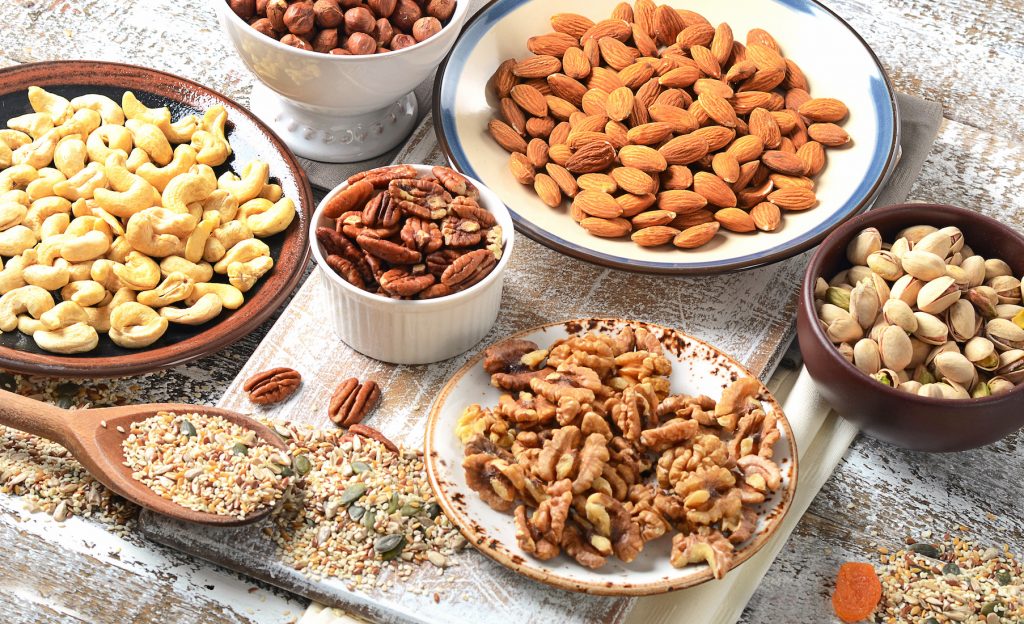
H3: 10. Black Beans
Black beans are another excellent vegan protein source, offering about 15 grams of protein per cup. They are rich in fiber and antioxidants, which promote heart health and stable blood sugar. I like adding black beans to burritos, soups, and salads. They provide lasting energy and help me stay satisfied after meals. Black beans are a budget-friendly way to support both muscle recovery and weight management.
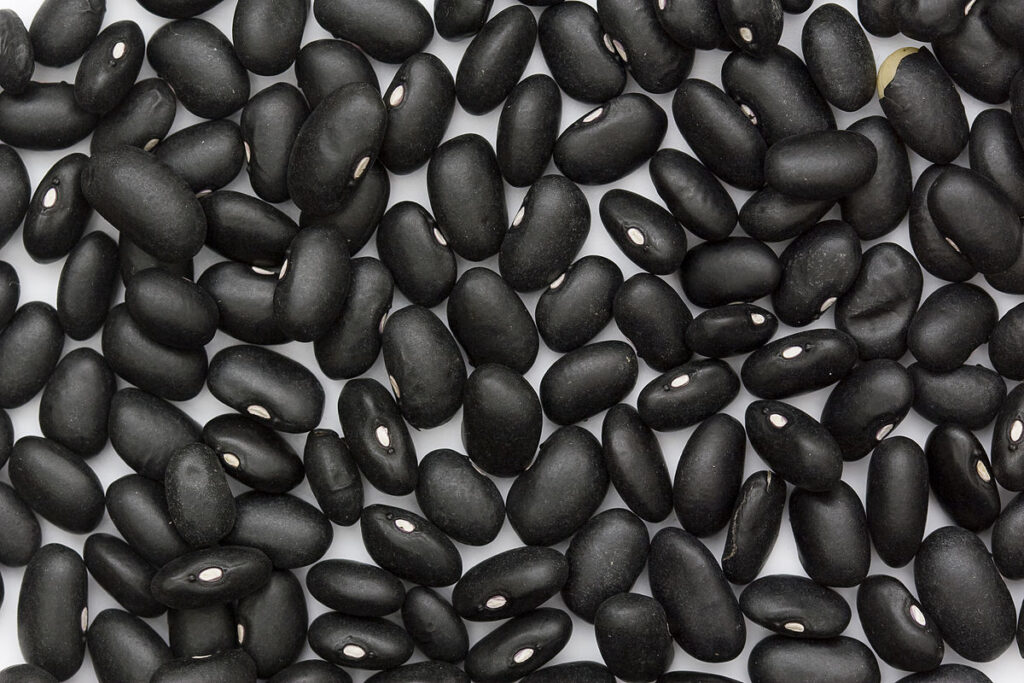
H2: Comparison Table of Protein Sources
| Protein Source | Serving Size | Protein Content | Best For |
|---|---|---|---|
| Lentils | 1 cup cooked | 18 g | Weight loss, fullness |
| Chickpeas | 1 cup cooked | 15 g | Energy, appetite control |
| Quinoa | 1 cup cooked | 8 g | Muscle health, energy |
| Tofu | ½ cup | 10 g | Muscle building, versatility |
| Tempeh | 3 oz | 16 g | Recovery, gut health |
| Edamame | 1 cup | 17 g | Snacks, muscle repair |
| Greek Yogurt | 1 cup | 20 g | Vegetarian option, recovery |
| Seitan | 3 oz | 21 g | Meat alternative, strength |
| Nuts & Seeds | 3 tbsp | 8–10 g | Healthy fats, balance |
| Black Beans | 1 cup cooked | 15 g | Heart health, energy |
Quotes to Remember
“Protein is the building block of muscle, and plant-based sources are both powerful and sustainable.”
“When you choose whole, nutrient-rich foods, you fuel your body for strength, balance, and long-term health.”
Key Takeaways
- Vegan and vegetarian protein sources can easily support weight loss and muscle health.
- Lentils, chickpeas, tofu, and tempeh are affordable and versatile protein options.
- Quinoa and seitan provide complete proteins for muscle repair.
- Edamame, nuts, and seeds make excellent snacks that boost protein intake.
- Greek yogurt is a top vegetarian protein source with high protein density.
- Choosing plant-based proteins helps with digestion, satiety, and long-term wellness.
Conclusion
Switching to a plant-based lifestyle taught me that I don’t need meat to meet my protein needs. By including foods like lentils, tofu, and quinoa, I’ve been able to maintain muscle health and support my weight loss goals. These vegan and vegetarian protein sources are affordable, accessible, and delicious. If you’re looking to build strength while eating healthier, start incorporating these ten foods into your meals—you’ll notice the benefits right away.
